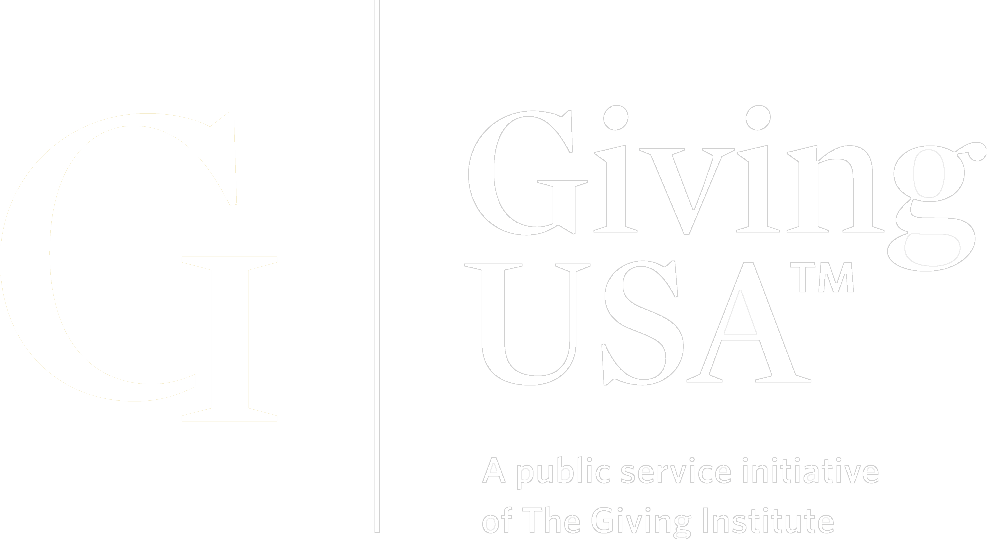John F. Marshall
Senior Vice President
Say the word “stewardship” and most people immediately envision charitable giving, dropping off food for the poor, tithing at church, and serving others with time, talent and treasure. In its fullest sense though, stewardship encompasses a much broader philosophy, going beyond mere acts of sharing or nurturing, while still embracing both.
Charitable behavior is a spontaneous decision, often limited to and defined by the moment. When the 2010 earthquake hit the impoverished island of Haiti, millions of people around the world gave money, time and personal assistance in an effort to ease suffering. Their efforts reflected a piece of what stewardship is, but it should not be viewed as solely a reactive outpouring of generosity. Rather, stewardship should be considered in every moment and in every circumstance.
Stewardship and estate planning go hand in hand. Good stewardship is a lifestyle and a process, not just isolated actions or individual events. Planning how to do the most good with our resources is integral to excellent stewardship. Estate planning is an essential means by which we can leave behind a legacy of good stewardship. Properly preparing for the distribution of our resources helps ensure that we are thoughtful caretakers even beyond our lifetime……what a stunning prospect!
Unfortunately, there are millions of Americans who take few, if any, measures to ensure that their estates will be used to achieve their highest potential good. Those who do not execute a will or other estate planning tools risk significantly depleting the value of their estate and creating undue burdens for loved ones. In essence, a poor planner is a poor steward.
As you speak with your donors about estate planning and of their role as stewards of their resources, you may wish to share with them the following important questions:
- Are their estate plans current?
- In the event of serious illness or death, who will act as their personal representative or trustee in personal, financial, health and business decisions?
- Have they developed health care directives?
- Have they made arrangements for any potential long-term care needs?
- Will their estate owe federal or state death taxes?
- Have they considered providing for those organizations especially dear to them?
Stewardship and estate planning are truly intertwined. If you would like to discuss ways in which you can share the “good news” of how your donors can create personal stewardship through thoughtful estate planning, please contact me either at jmarshall@jba.flywheelsites.com or at 816.914.3780.


